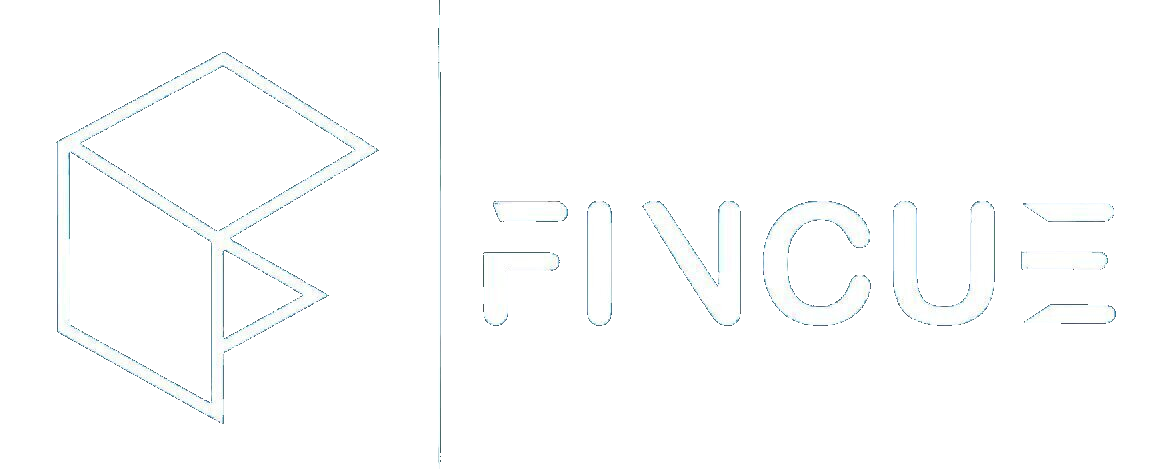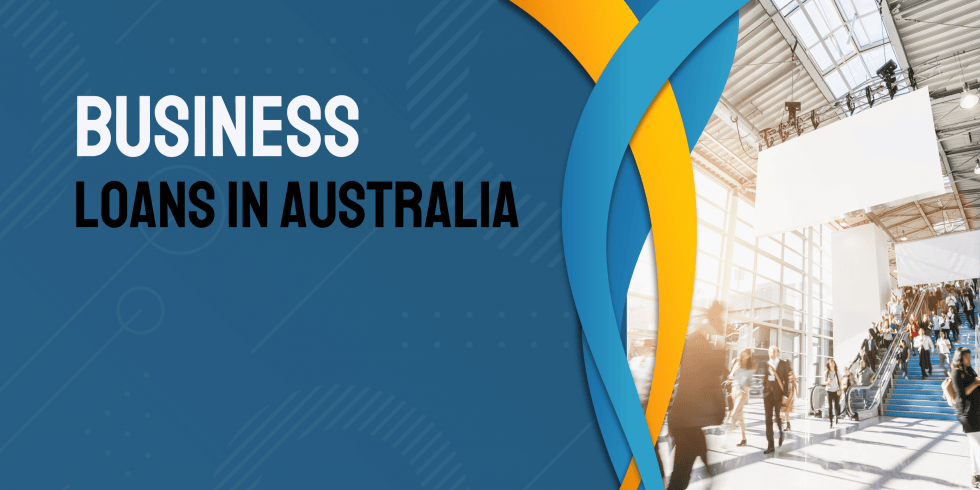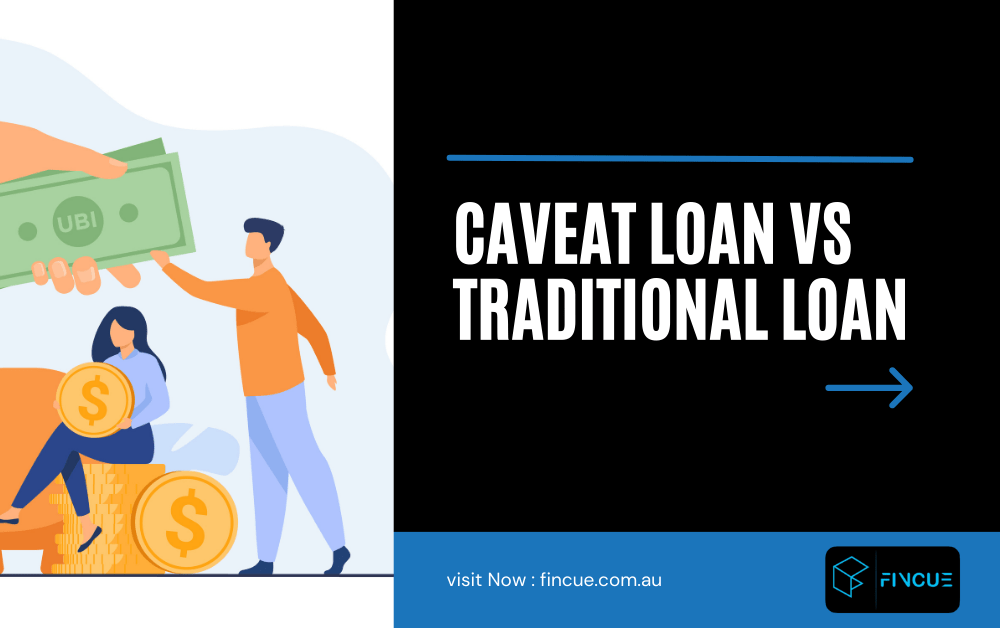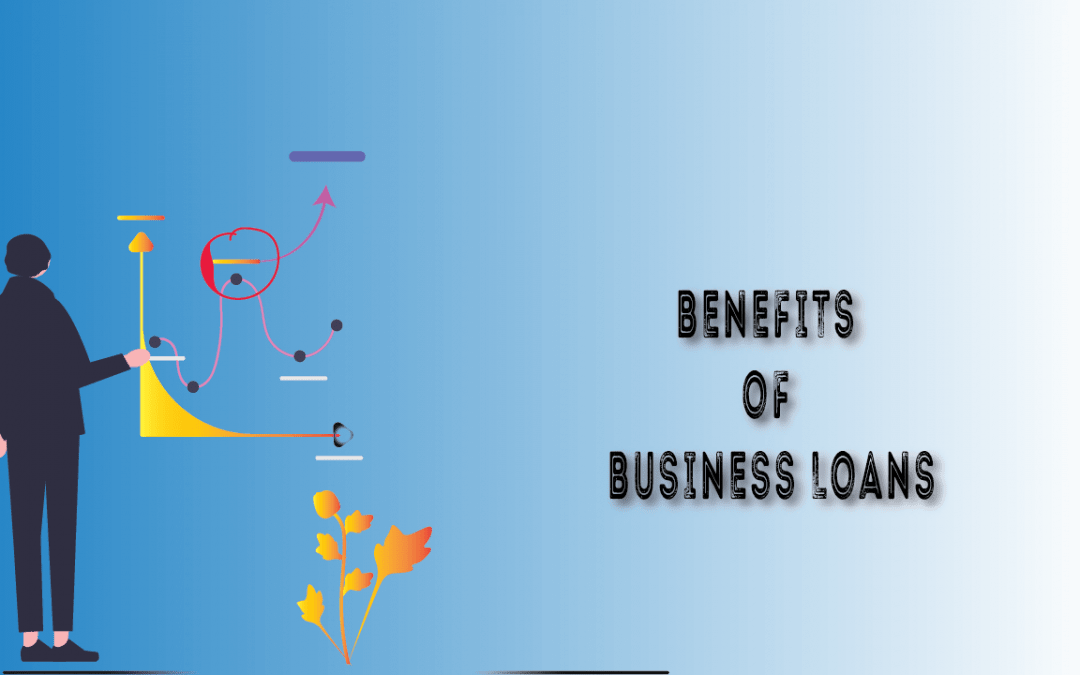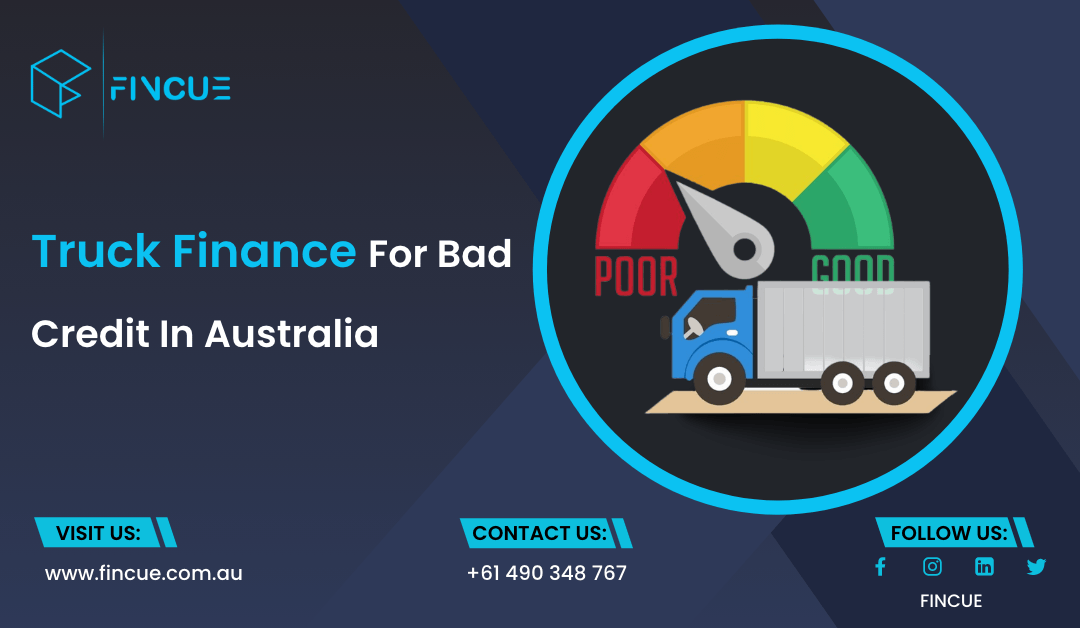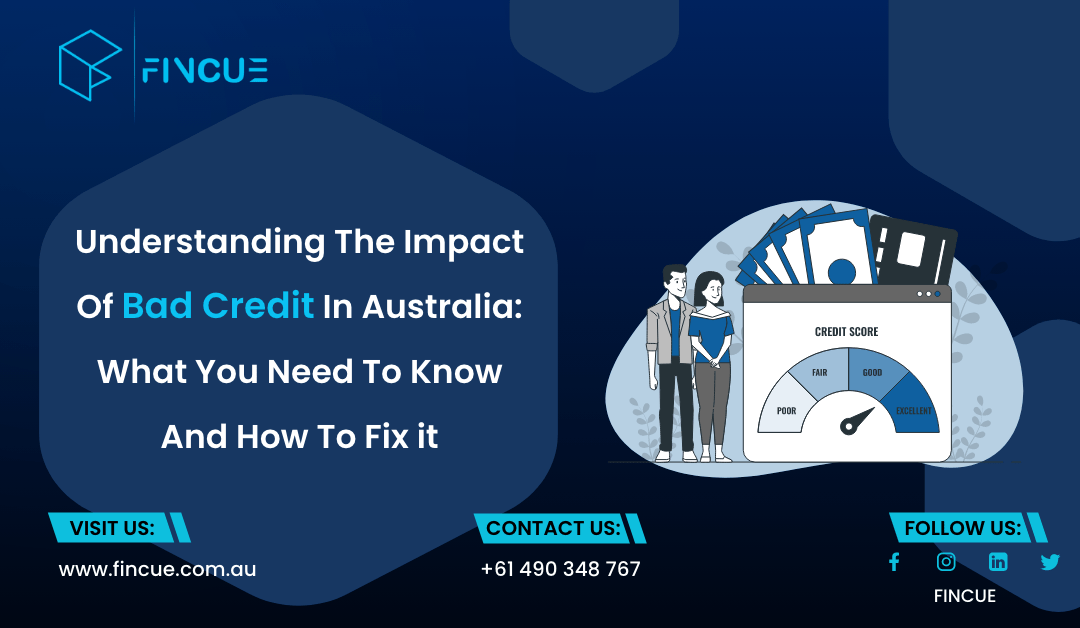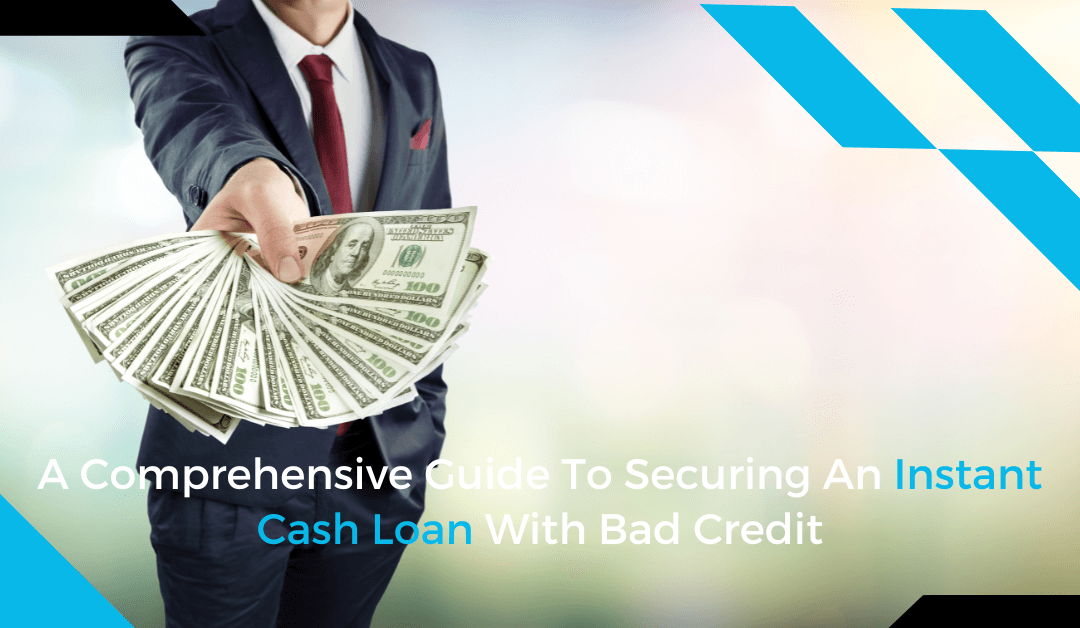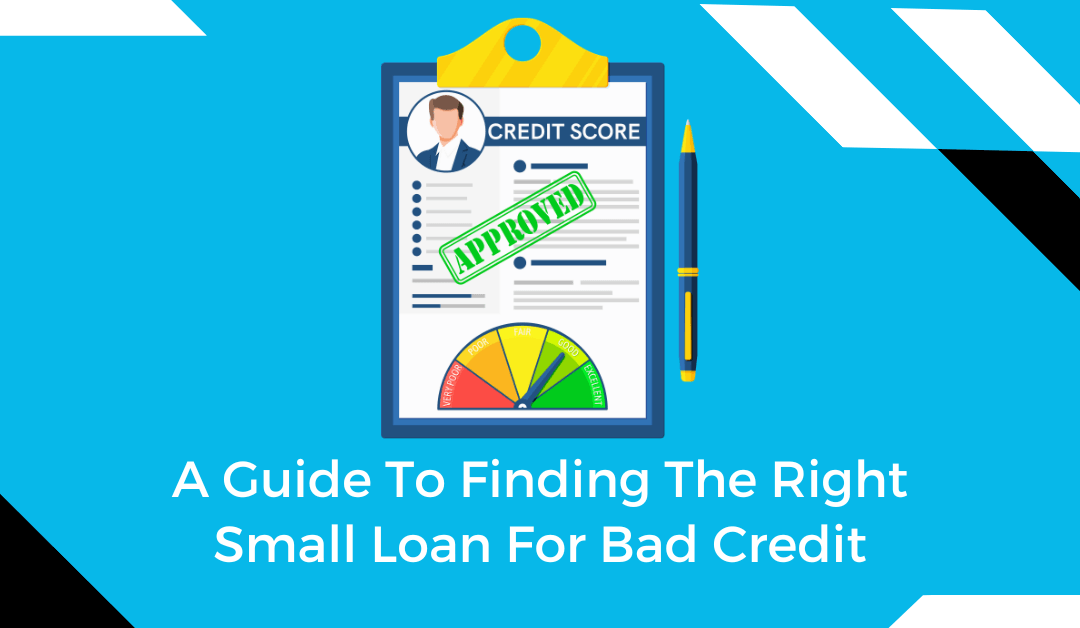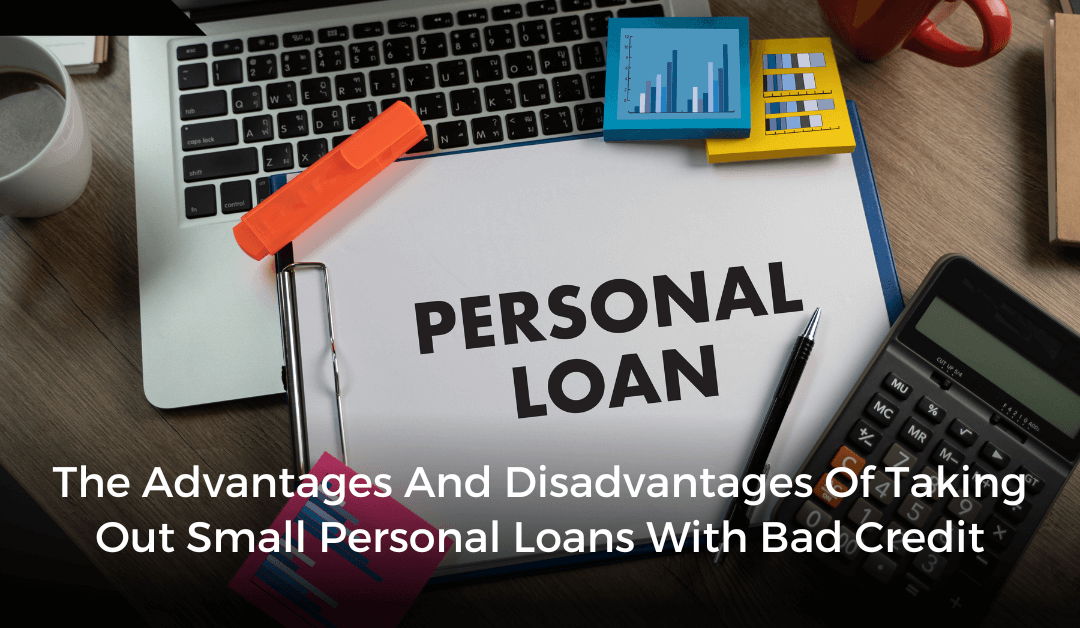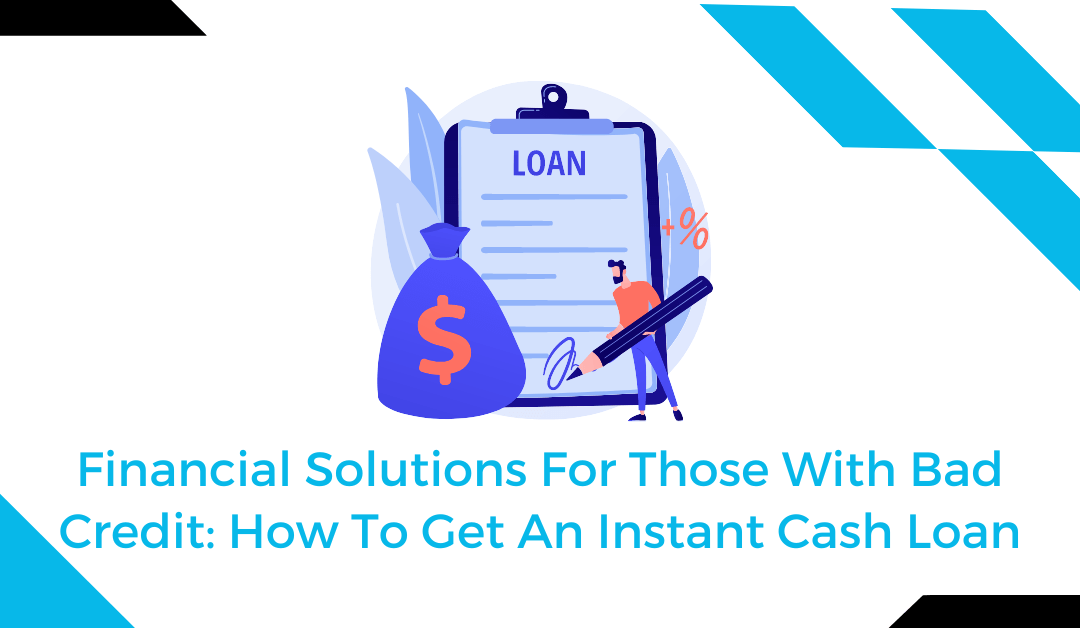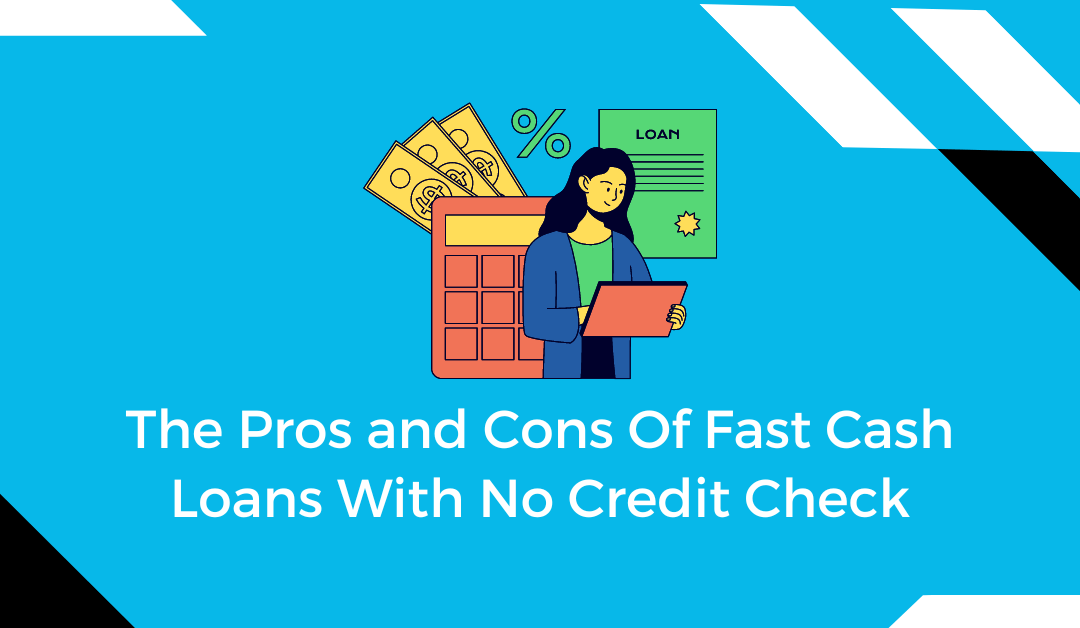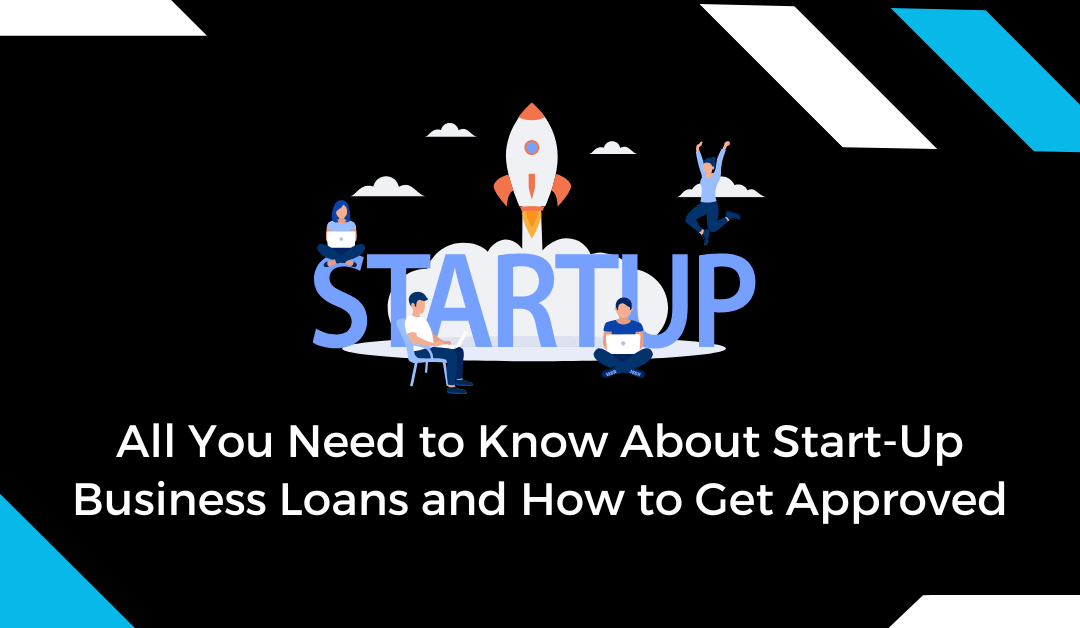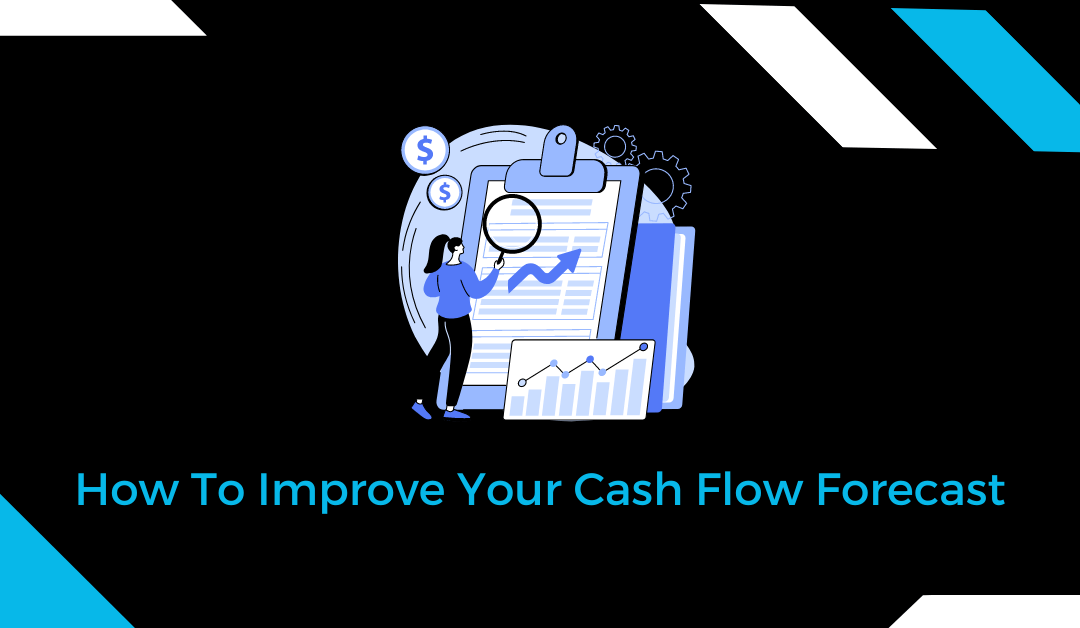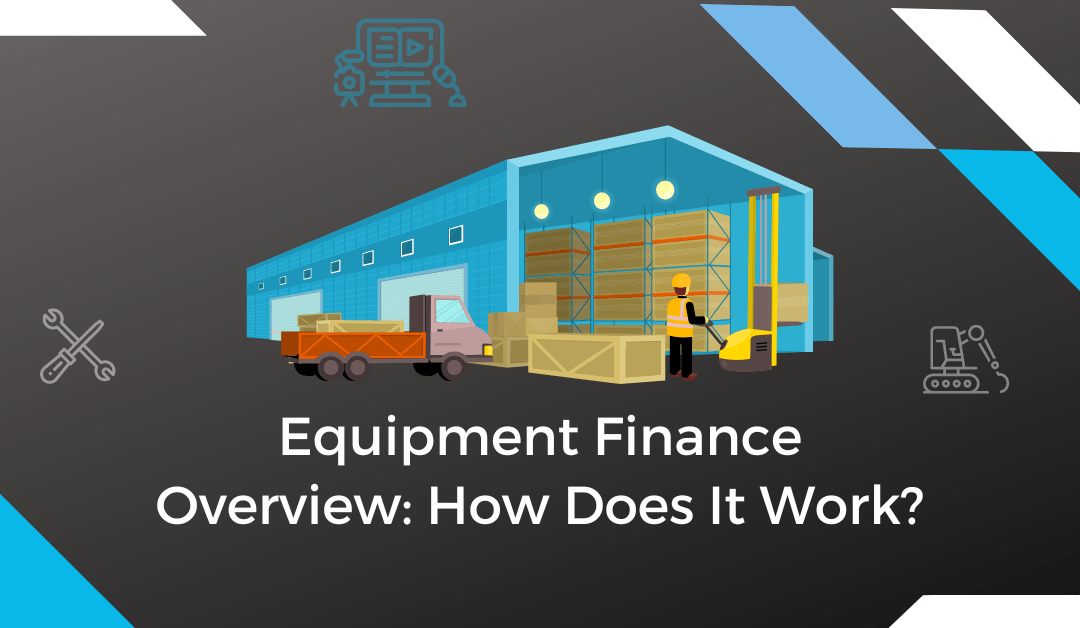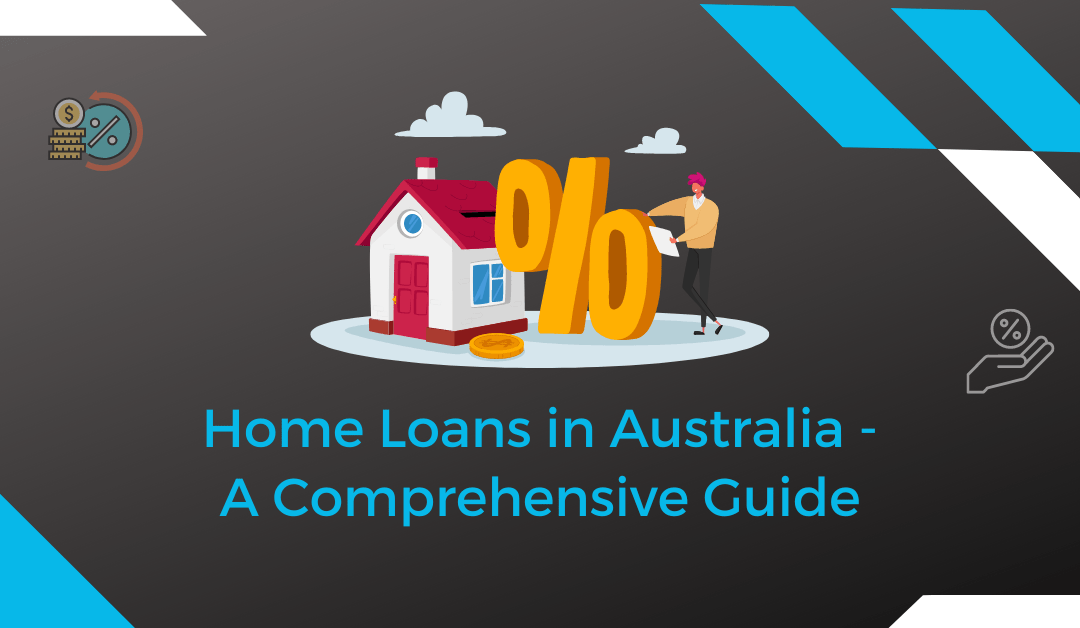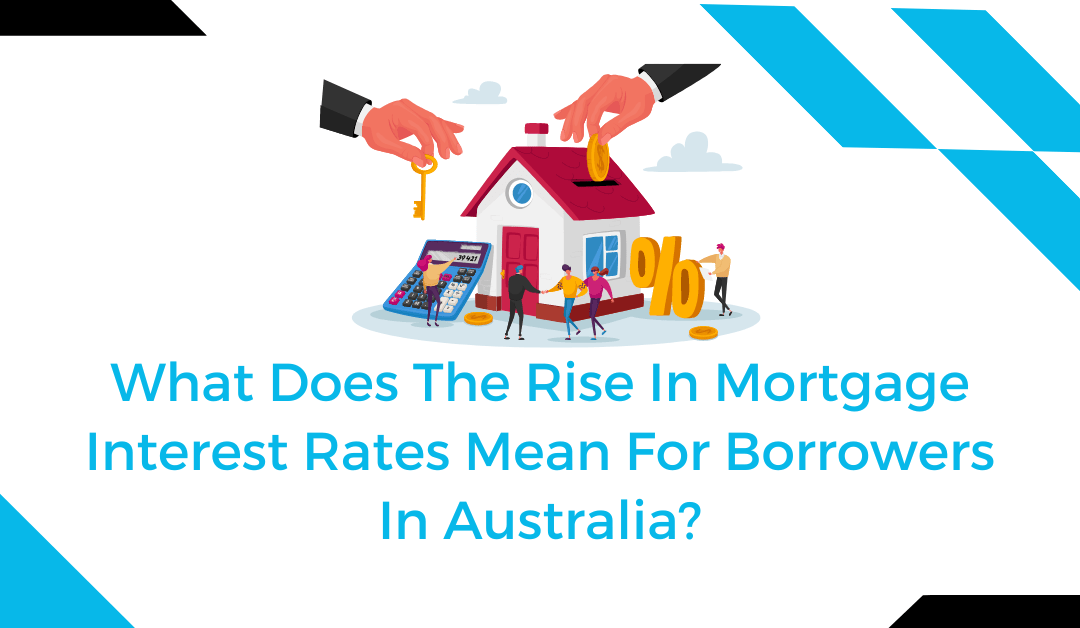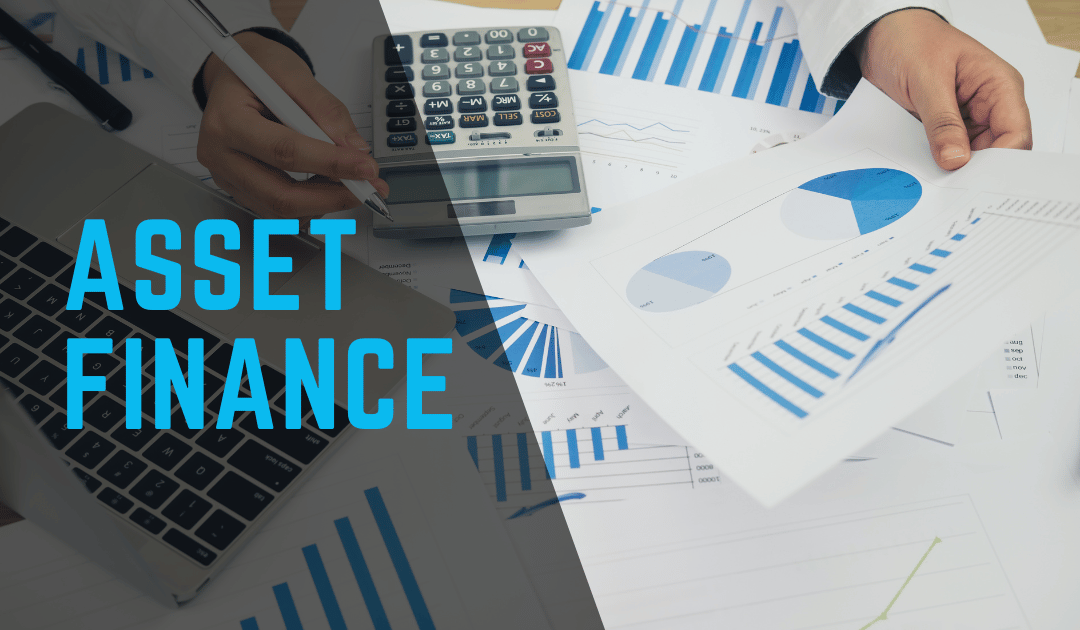
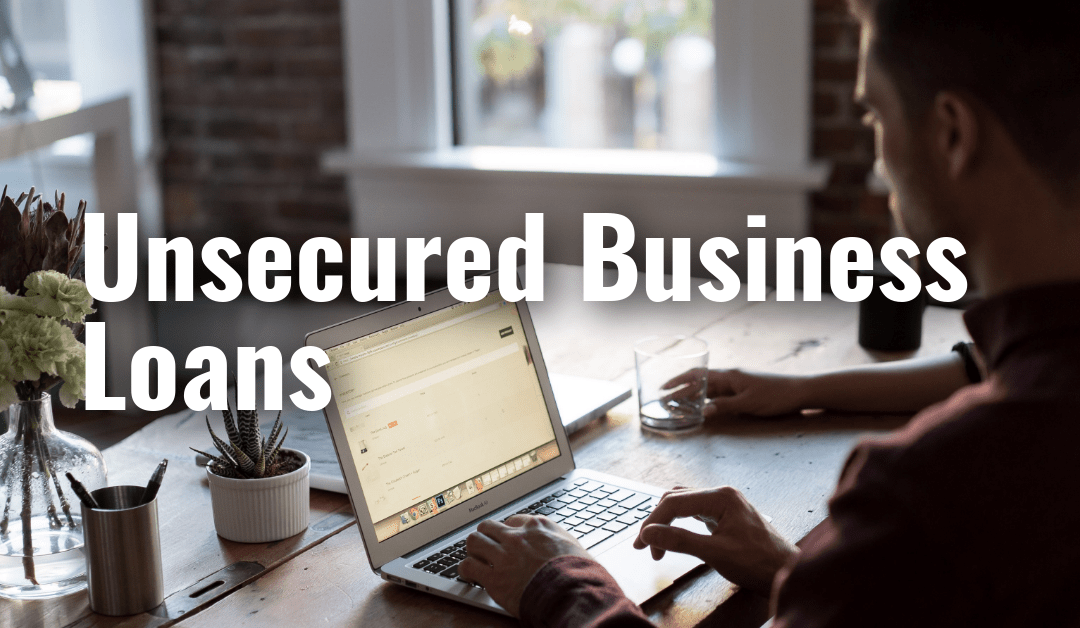
“Unsecured Business Loans: All you need to know
A business loan is a loan specifically intended for business purposes. As with all loans, it involves the creation of a debt, which will be repaid with interest over a set period of time. Business loans are usually made by banks, but they can also come from other sources such as the government, private investors, or venture capitalists.
The most common type of business loan is the term loan, which provides a lump sum of cash that must be repaid over a fixed period of time. However, there are also other types of business loans such as lines of credit, merchant cash advances, and revolving credit facilities.
Unsecured business loans are loans that are not backed by collateral. This means that the borrower does not have to put up any assets (such as property or equipment) as security for the loan. Unsecured business loans are often more difficult to obtain than secured loans because they carry more risk for the lender. However, they can be a good option for businesses that do not have any eligible collateral to use as security for a loan.
There are two main types of unsecured business loans: merchant cash advances and revolving credit facilities. Merchant cash advances are typically used for short-term funding needs while revolving credit facilities can be used for both short- and long-term funding needs.
Secured business loans are loans that are backed by collateral. This means that the borrower has to put up some form of asset (such as property or equipment) as security for the loan. Secured business loans are often easier to obtain than unsecured loans because they carry less risk for the lender. However, they can be more expensive for the borrower because they may require the posting of collateral.
How do unsecured business loans work?
Unsecured business loans work by providing funding to businesses without the need for collateral. This means that businesses can get the funding they need without putting up any of their assets as collateral. Instead, businesses will typically just need to provide a personal guarantee in order to get an unsecured loan.
Are there different kinds of unsecured loans?
There are several types of unsecured business loans, each with its own set of terms, conditions, and repayment options. The most common type of unsecured loan is the merchant cash advance, which is a lump-sum payment made in exchange for a percentage of future sales. Other types of unsecured loans include revolving credit facilities and lines of credit.
Merchant Cash Advance
A merchant cash advance (MCA) is a type of unsecured business loan that allows businesses to borrow money based on their future sales. The loan is repaid through a percentage of the business’s daily credit card sales, meaning that the repayment amount fluctuates based on the amount of sales the business does each day. MCA loans can be used for a variety of purposes, such as funding inventory, expanding a business, or covering unexpected expenses.
MCA loans are typically easier to qualify for than traditional bank loans, as they do not require collateral and can be approved based on the strength of the business’s sales. However, MCA loans also tend to have higher interest rates and fees than other types of loans, so it is important to compare options before taking out an MCA loan.
Revolving Credit Facility
A revolving credit facility is a type of unsecured business loan that allows borrowers to access a set amount of funds, which they can then use and repay as needed. This type of loan can be helpful for businesses that have irregular or unpredictable cash flow, as it provides them with a source of funding that they can tap into when needed. One of the main advantages of a revolving credit facility is that it can help businesses manage their cash flow more effectively. This is because businesses only need to repay the funds that they have used, rather than the full amount of the loan. This can help businesses to avoid taking on debt that they may not be able to repay in the short term.
Another advantage of this type of loan is that it can provide businesses with flexibility when it comes to repayment. For example, if a business has a slow month, they can choose to make smaller repayments or even defer their repayments until they are in a better financial position.
If you are considering taking out a revolving credit facility, it is important to compare different offers from lenders to find the one that best suits your needs. You should also be aware of the potential risks associated with this type of loan, such as the possibility of incurring fees if you exceed your credit limit or miss repayments.
What is the difference between secured and unsecured business loans?
The primary difference between a secured and unsecured business loan is that a secured loan is backed by collateral, while an unsecured loan is not. This means that if you default on a secured loan, the lender can seize your collateral in order to recoup their losses. With an unsecured loan, there is no collateral for the lender to seize if you default, which makes them a higher risk for the lender. As a result, unsecured loans typically have higher interest rates than secured loans.
Conclusion
In conclusion, unsecured business loans can be a great option for businesses that don’t have the collateral to secure a loan or don’t want to put their assets at risk. There are different types of unsecured loans, each with its own set of pros and cons, so it’s important to do your research and choose the one that’s right for your business. With an unsecured loan, you can get the funding you need without having to put up your collateral, but you’ll likely pay a higher interest rate and may have to provide personal guarantees.
